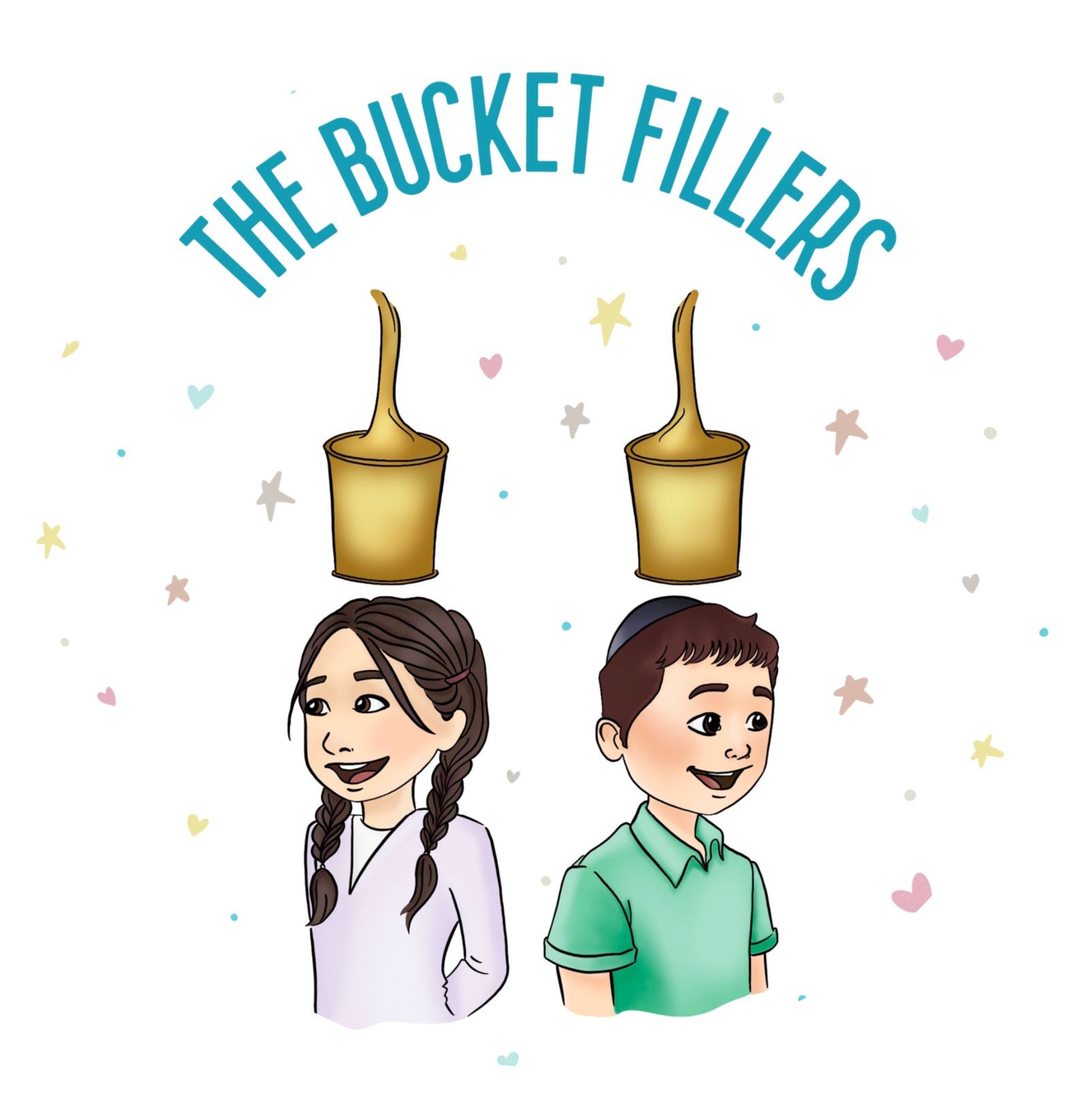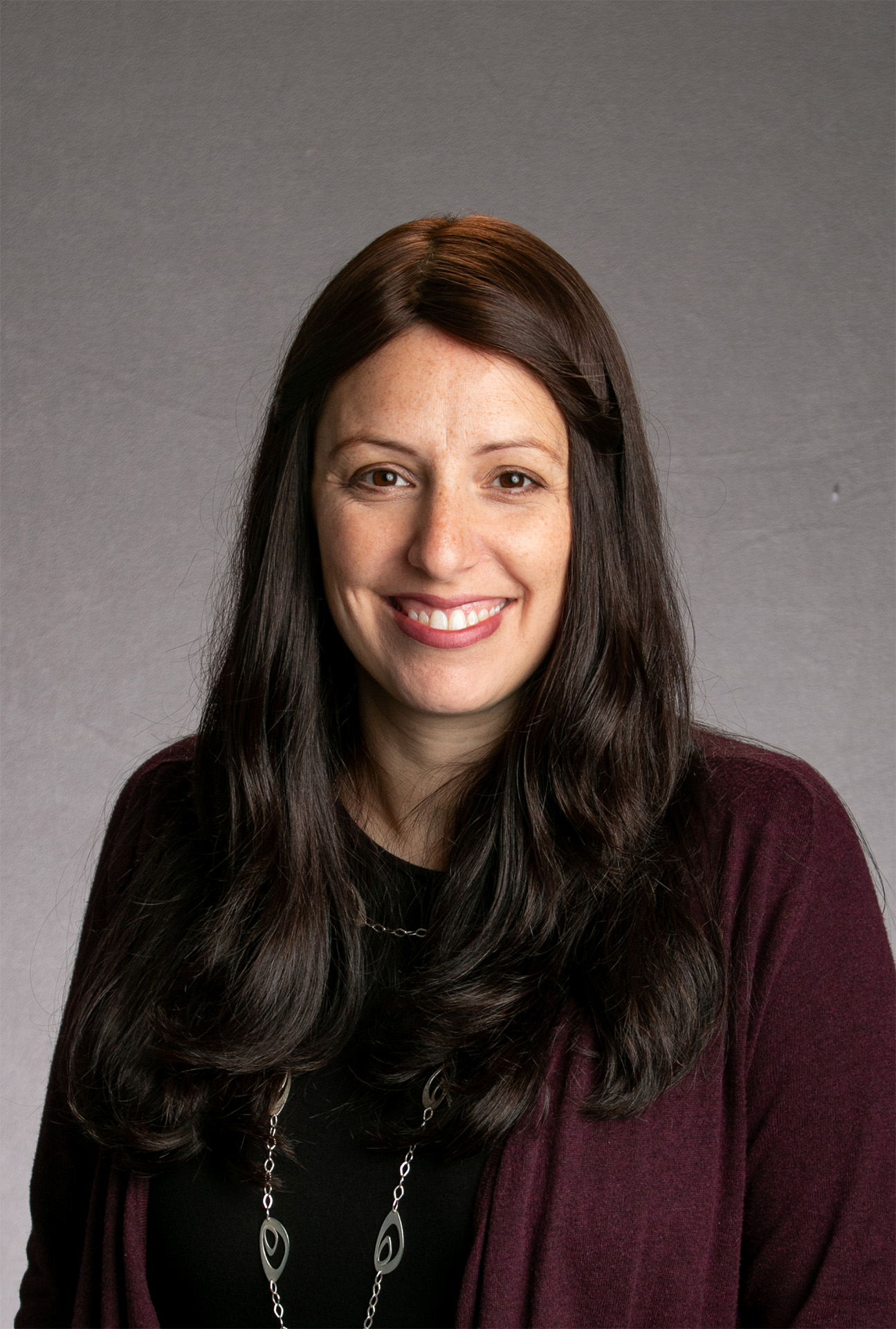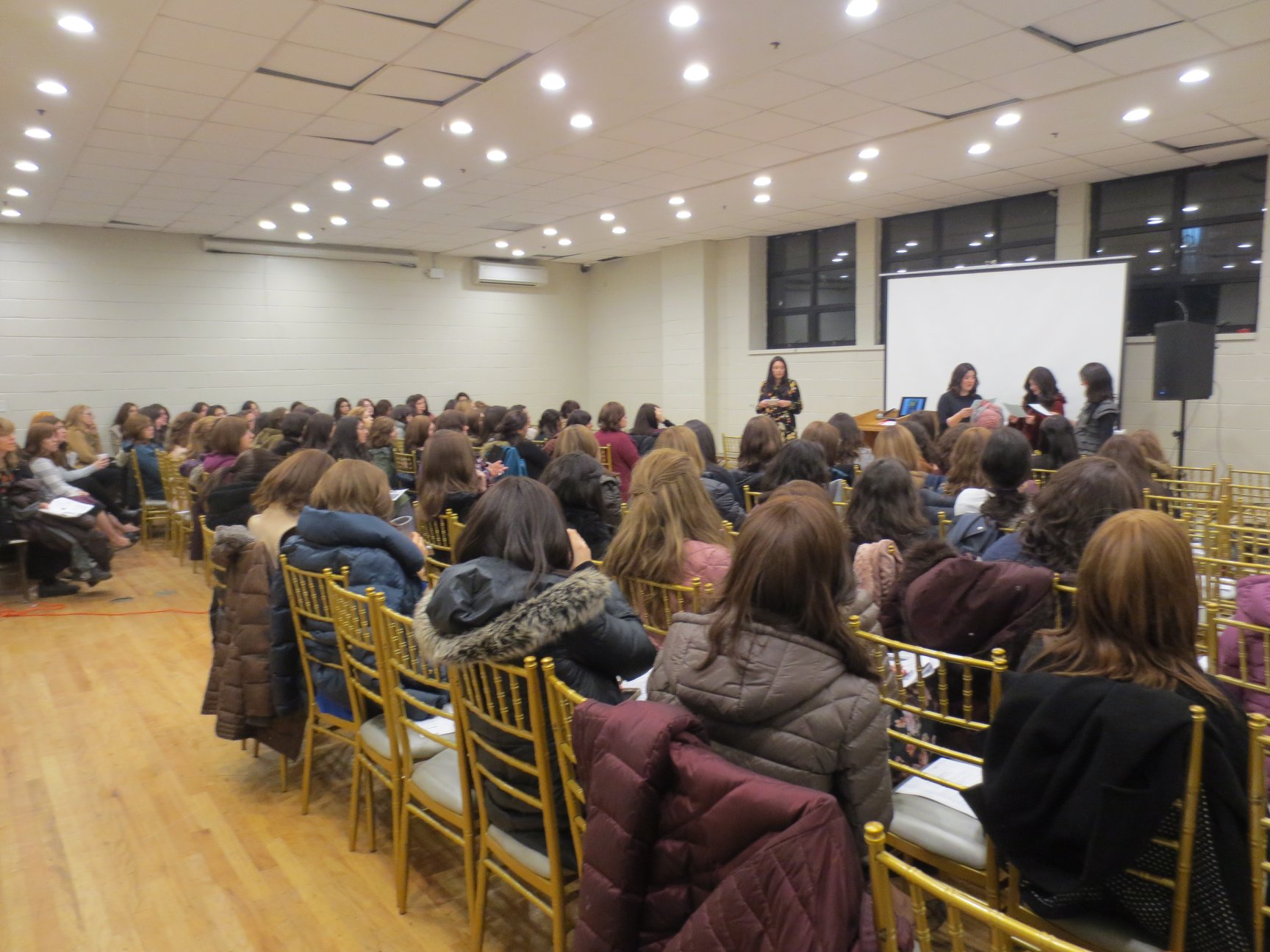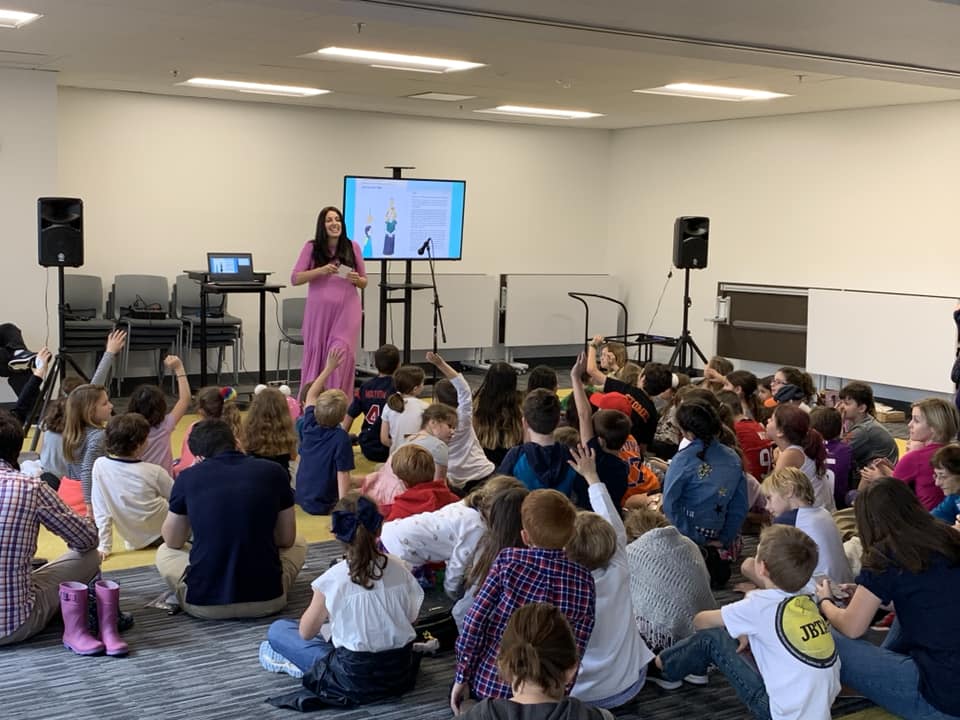

We’re looking forward to introducing you to Rivka Fishman. Check out our conversation below.
Hi Rivka , thank you so much for joining us today. We’re thrilled to learn more about your journey, values and what you are currently working on. Let’s start with an ice breaker: What’s the most surprising thing you’ve learned about your customers?
I thought that my “customers” would be the kids who read my books. I was surprised to find that parents were learning even more than their children. One grandmother wrote to me that she saw it helping her children with their marriages.
Can you briefly introduce yourself and share what makes you or your brand unique?
I’m Rivka Fishman, a bullyproofing coach and consultant, and the author of Sara the Bucket Filler, which teaches children how to stay happy despite mean behavior; Benny the Bucket Filler, which helps kids remain joyful even when they feel left out; and My Bucket Filling Journal, a hands-on guide to help children build kindness, resilience, and emotional strength.
Unlike many books, programs, and workshops that focus on how painful bullying is or how awful bullies can be, my approach is different. While bullying is indeed a serious issue, we don’t solve problems by focusing only on the problem itself. Instead, I empower children to shift their mindset.
My method teaches kids to recognize that when someone is being unkind, it usually says more about what that person is going through than about them. When we change the way we view a situation, we take away its power to hurt us. That mindset helps kids stop taking things personally, move forward with confidence, and become less likely targets of bullying behavior.
It’s all based on one core principle: The only person you can truly change is yourself. When children learn they have control over their own thoughts, reactions, and choices, they become emotionally stronger and more resilient—no matter what’s going on around them.
Thanks for sharing that. Would love to go back in time and hear about how your past might have impacted who you are today. What’s a moment that really shaped how you see the world?
When I first started teaching, I believed that if a child was being mean, it must be because they weren’t being raised properly. But a few years into my career, I began teaching my own children—and the children of my close friends. These were kids I knew were being raised in loving, values-based homes, by caring, involved parents. And still, they sometimes acted unkindly.
That was a turning point for me. I realized that we can’t “make” kids be nice all the time. Meanness isn’t always the result of bad parenting—it’s part of growing up. What we can do is create a culture of kindness and teach children the tools of resilience: how to stay kind and strong, even when others aren’t.
Was there ever a time you almost gave up?
Yes—there was a point I almost gave up.
When I first started researching how to help kids be consistently kind, I was disappointed to find that most programs focused on judging, labeling, tattling, and turning kids into victims. It didn’t sit right with me. I didn’t want to train children to look for what others were doing wrong—I wanted to empower them to become stronger, kinder, and more resilient.
For a while, I felt like giving up on the whole idea. But then I discovered approaches that focused on resilience—on helping children build inner strength rather than just avoid pain. I took those ideas, combined them with real-life classroom experience, and created the foundation for the bullyproofing tools I now teach internationally.
That turning point taught me: when something isn’t working, it doesn’t always mean the goal is wrong—sometimes you just need a better path.
Alright, so if you are open to it, let’s explore some philosophical questions that touch on your values and worldview. Is the public version of you the real you?
Absolutely. Everything I teach is something I’ve personally used at one time or another—and seen it work. The tools I give kids and parents aren’t theoretical. They’re based on real experiences, real struggles, and real growth. Whether it’s handling exclusion, mean comments, or emotional resilience, I’ve been there. The strategies I share are the same ones I use with my own children, in my own life. So yes, what you see publicly is exactly who I am privately.
Okay, so let’s keep going with one more question that means a lot to us: What will you regret not doing?
I don’t believe in regrets. I believe that while we must learn from our mistakes, most of us make the best choices we can with the information and perspective we have at the time. Regret isn’t helpful unless it leads to reflection and growth.
If I look back and wish I’d done something differently, I see that as an opportunity to reassess my values, my decision-making process, and the people I turn to for guidance. It’s not about beating ourselves up—it’s about growing into someone wiser and more intentional moving forward.
Contact Info:
- Website: https://thebucketfillers.com
- Instagram: @the_bucketfillers
- Facebook: https://www.facebook.com/sarathebucketfiller/
- Youtube: https://www.youtube.com/watch?v=PromEPyN7QU
- Other: Podcasts, articles and more: https://thebucketfillers.com/blog













